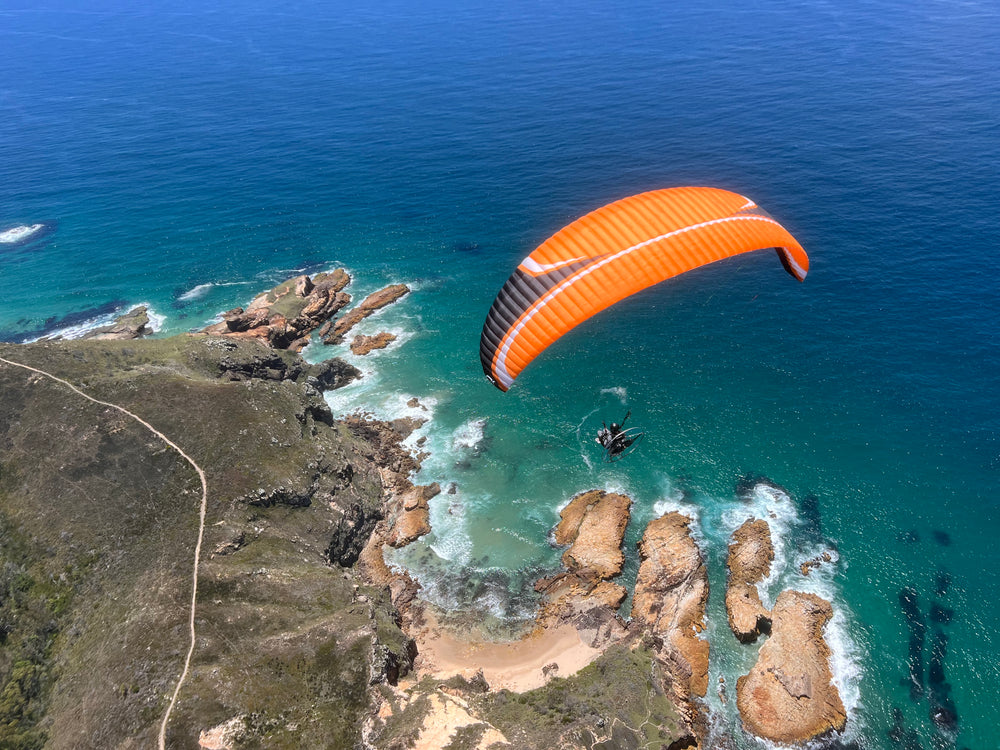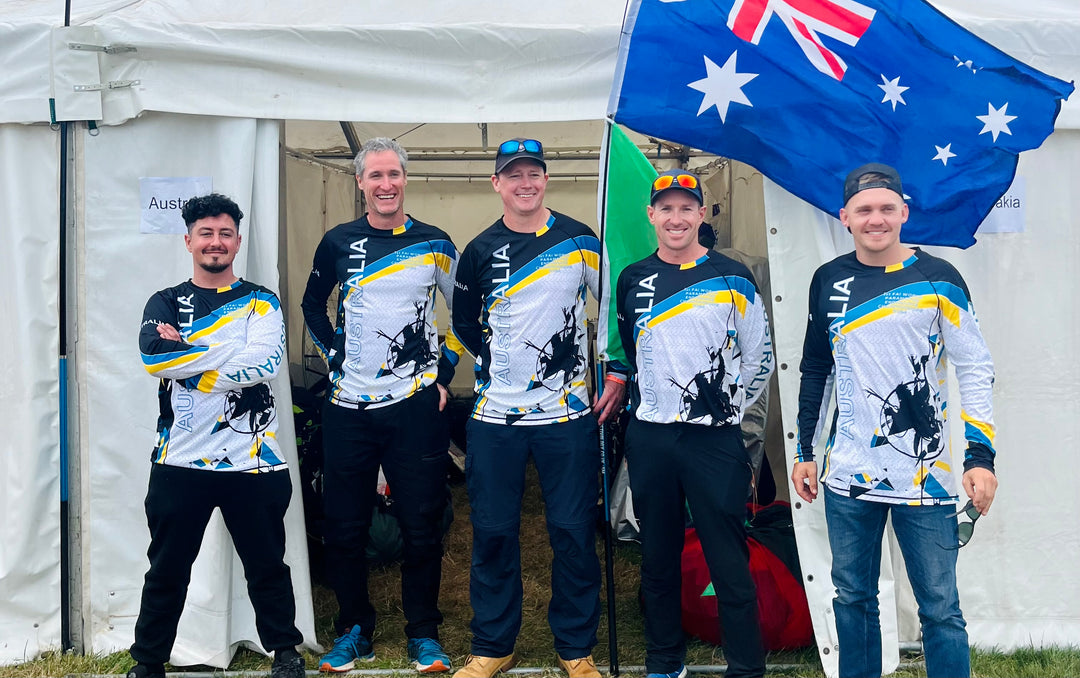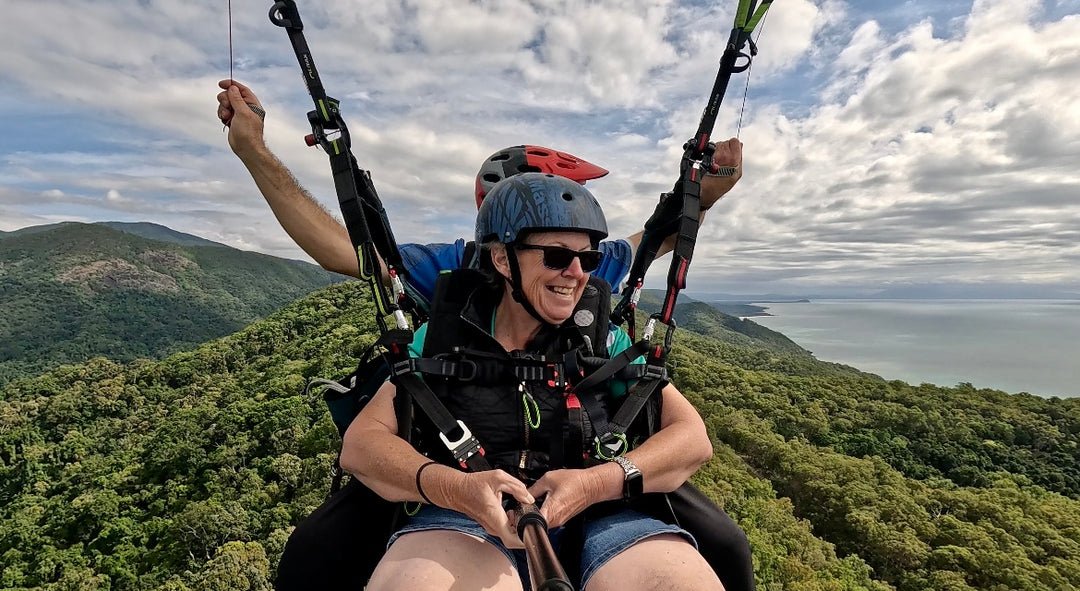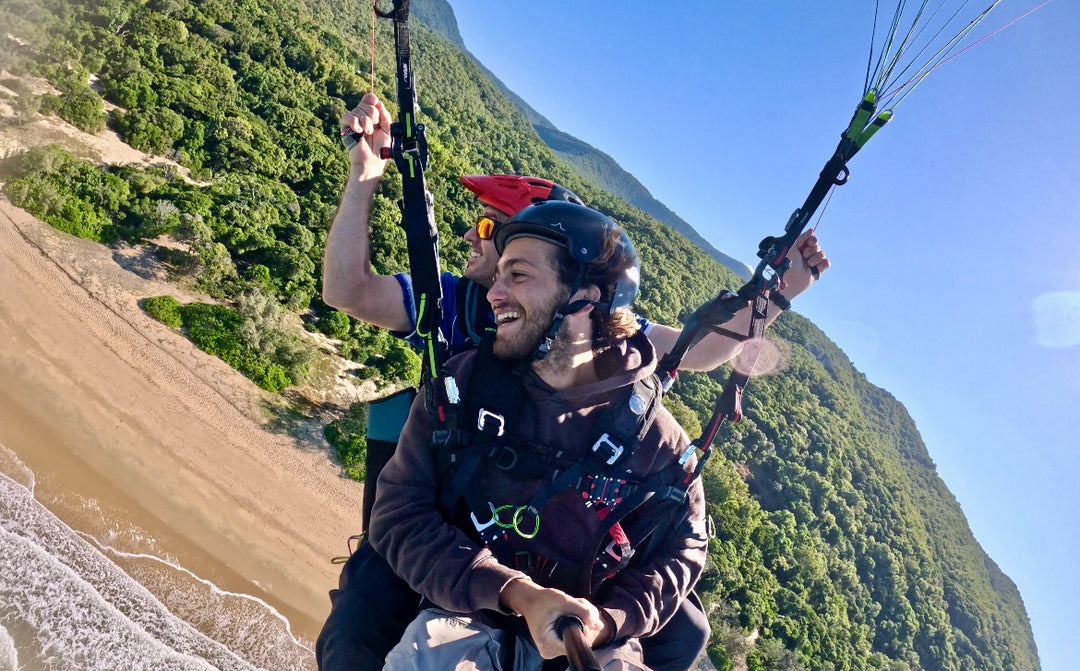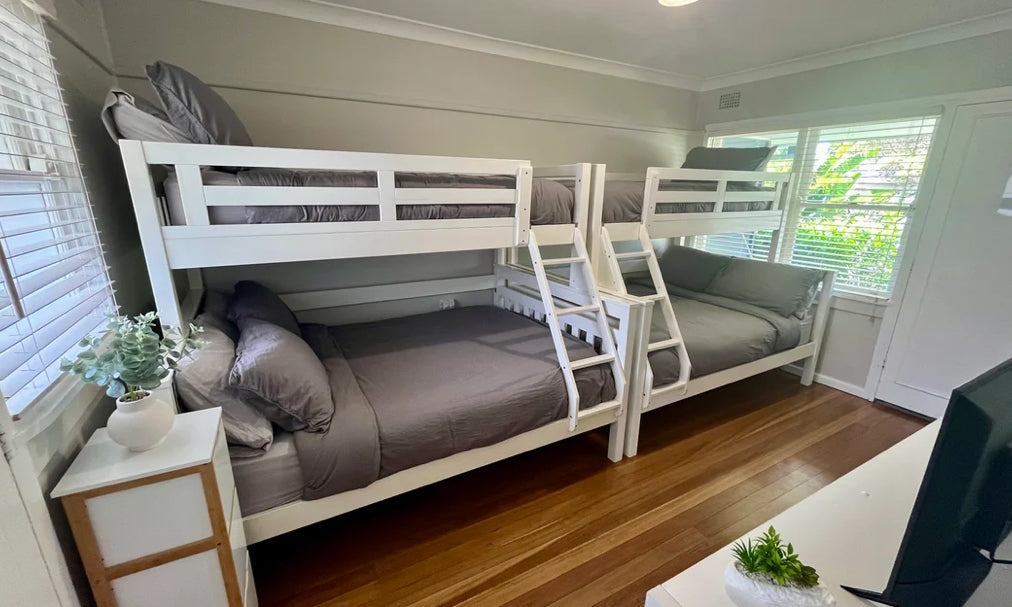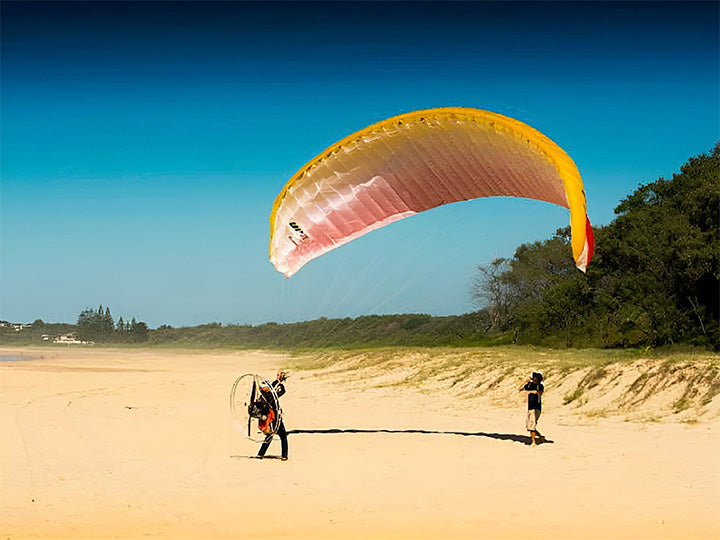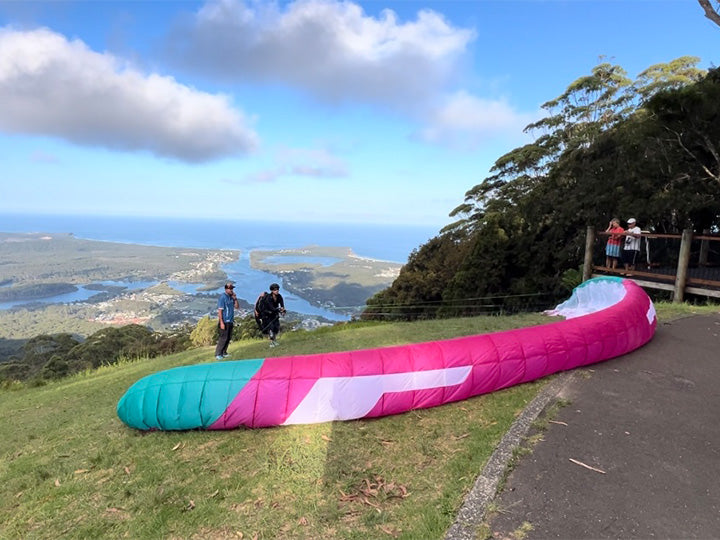Why Taking Your Time is Key to Becoming a Skilled Paraglider or Paramotor Pilot
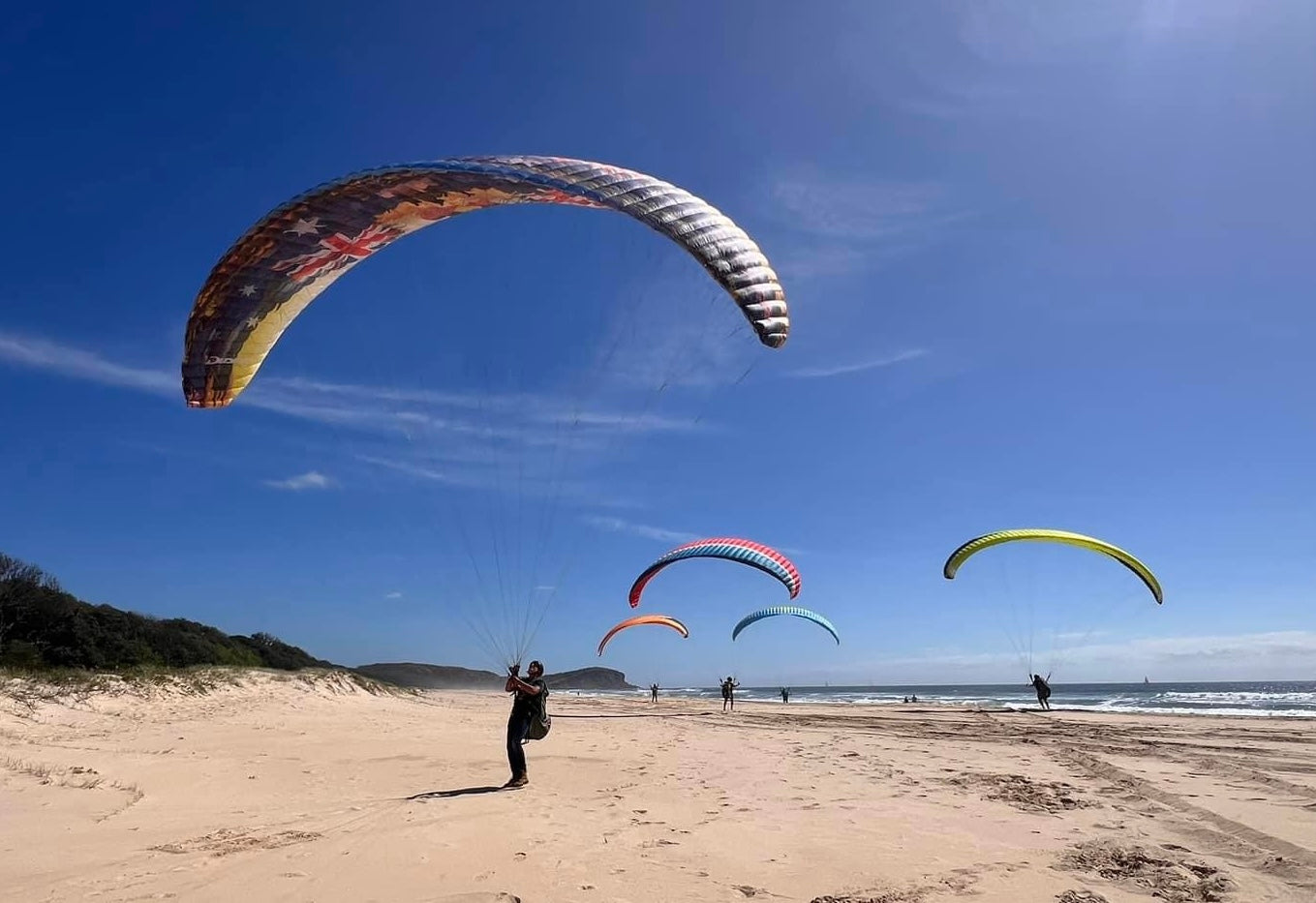
Paragliding and paramotoring are exhilarating and liberating sports. However, mastering these activities requires more than just a sense of adventure; it demands dedication, patience, and a commitment to skill development. This blog post will explore the importance of taking your time when developing paragliding and paramotoring skills. Whether you're a beginner dreaming of your first flight or an experienced pilot seeking to enhance your abilities, this article will explain why the journey, rather than the destination, is crucial to becoming a skilled paraglider or paramotor pilot.
The Learning Curve in Paragliding and Paramotoring
Paragliding and paramotoring are sports that blend the thrill of flying with the need for precision and expertise. While they may appear straightforward, both require a substantial learning curve.
Learning to paraglide or paramotor involves grasping a multitude of skills, including:
- Wing Handling: Controlling the wing is fundamental. It requires finesse, coordination, and quick reactions.
- Flight Planning: Learning to plan routes, assess landing zones, and manage airspaces are crucial skills that ensure your safety in the sky.
- Risk Management: Recognizing and mitigating risks is an ongoing process that demands experience and judgment.
- Equipment Maintenance: Proper gear maintenance is essential for safety and longevity but requires knowledge and effort.
- Meteorology: Understanding weather conditions is crucial for safety and successful flights. This knowledge takes time to acquire.
The Importance of Progression
Paragliding skills development should be seen as a journey of progression rather than a race to proficiency. Rushing through the stages can be detrimental to your safety and overall growth as a pilot.
Here's why taking your time matters:
- Safety First: Safety should always be the top priority in paragliding and paramotoring. Rushing to advance your skills can lead to reckless decision-making, risking your life. By taking your time, you can gradually build the confidence and experience needed to make informed choices in the air.
- Skill Consolidation: Each stage of your paragliding or paramotoring journey offers unique challenges and learning opportunities. Rushing through these stages can mean missing out on valuable experiences that help you become a well-rounded pilot. Spend ample time honing your skills at each level before moving on to the next.
- Mental Preparedness: Becoming a skilled pilot requires physical prowess and mental resilience. Taking time allows you to develop the mental fortitude to handle unexpected situations and emergencies comfortably.
- Enjoy the Process: Paragliding and paramotoring are not just about achieving a certain skill level; they are about the sheer joy of flying. You'll appreciate the sport more deeply by embracing the journey and savouring each moment.
Setting Realistic Goals
Setting achievable goals is a vital aspect of paragliding skills development. It's essential to balance pushing your limits and ensuring your safety.
Here are some tips for setting realistic goals:
- Consult with Instructors: Seek guidance from experienced instructors who can assess your skills objectively and help you set appropriate goals.
- Progression Plan: Create a structured plan for your skill development. Set milestones that are challenging yet attainable.
- Incremental Growth: Understand that progress may be slow at times, and that's perfectly normal. Celebrate small victories along the way.
- Review and Adjust: Review and adjust your goals based on your progress. Be flexible in your approach.
- Enjoy the Journey: Remember that the journey itself is a rewarding experience. Don't be in a hurry to reach the final destination.
The Role of Mentorship in Paragliding and Paramotoring
Having a mentor can significantly enhance your skill development journey in paragliding and paramotoring. A mentor is an experienced pilot who can provide guidance, share wisdom and offer valuable insights that textbooks and training courses can't fully capture.
Here's why mentorship plays a pivotal role:
Real-Life Experience
Mentors bring a wealth of real-life experience to the table. They've faced various challenges in the air, encountered unexpected situations, and navigated through complex weather conditions. Learning from their experiences can help you anticipate potential issues and make informed decisions during your flights. It's like having a seasoned co-pilot by your side.
Personalised Guidance
Mentors can tailor their advice to your specific needs and skill level. They can pinpoint areas where you need improvement and offer practical tips and exercises to help you grow. This personalised approach can accelerate your learning process and prevent you from developing bad habits.
Safety Assurance
Safety is paramount in paragliding and paramotoring, and having a mentor can provide an added layer of security. They can guide you on safe flying practices, teach you how to assess weather conditions and help you make conservative decisions when necessary. Your mentor's watchful eye can be especially reassuring during your early flights.
Networking Opportunities
Mentors often introduce you to a network of fellow pilots, creating opportunities for camaraderie, knowledge-sharing, and mutual support. Building connections within the paragliding and paramotoring community can enhance your overall experience and open doors to new flying locations and experiences.
Confidence Booster
The learning process in paragliding and paramotoring can sometimes be intimidating, but a mentor can be a tremendous confidence booster. They can offer encouragement when you face setbacks, remind you of your progress, and inspire you to keep pushing your limits safely.
Long-Term Relationship
Mentorship doesn't end after you've acquired a certain level of skill. Many experienced pilots maintain long-term mentorship relationships throughout their flying careers. This ongoing guidance ensures that you continue to evolve as a pilot and stay updated on the latest developments in the sport.
Conclusion
In paragliding and paramotoring, taking your time is not a sign of weakness; it's a testament to your dedication to becoming a skilled pilot. Rushing through the learning process can compromise safety and hinder your overall growth. By embracing the journey, setting realistic goals, and enjoying each step of the way, you'll become a proficient pilot and find immense satisfaction in the sport.
Paragliding skills development is not a race; it's a voyage of self-discovery and a celebration of the freedom of flight. So, spread your wings, take your time, and savour the skies as you evolve into the skilled paraglider or paramotor pilot you aspire to be.
Ready to embark on your paragliding or paramotoring adventure with High Adventure? Join us today to experience the thrill of flight while learning the art of skilful piloting. Take your time, savour the journey, and let our experienced team guide you to new heights in safety and excitement. Don't miss out—book your adventure now and start soaring with High Adventure!


